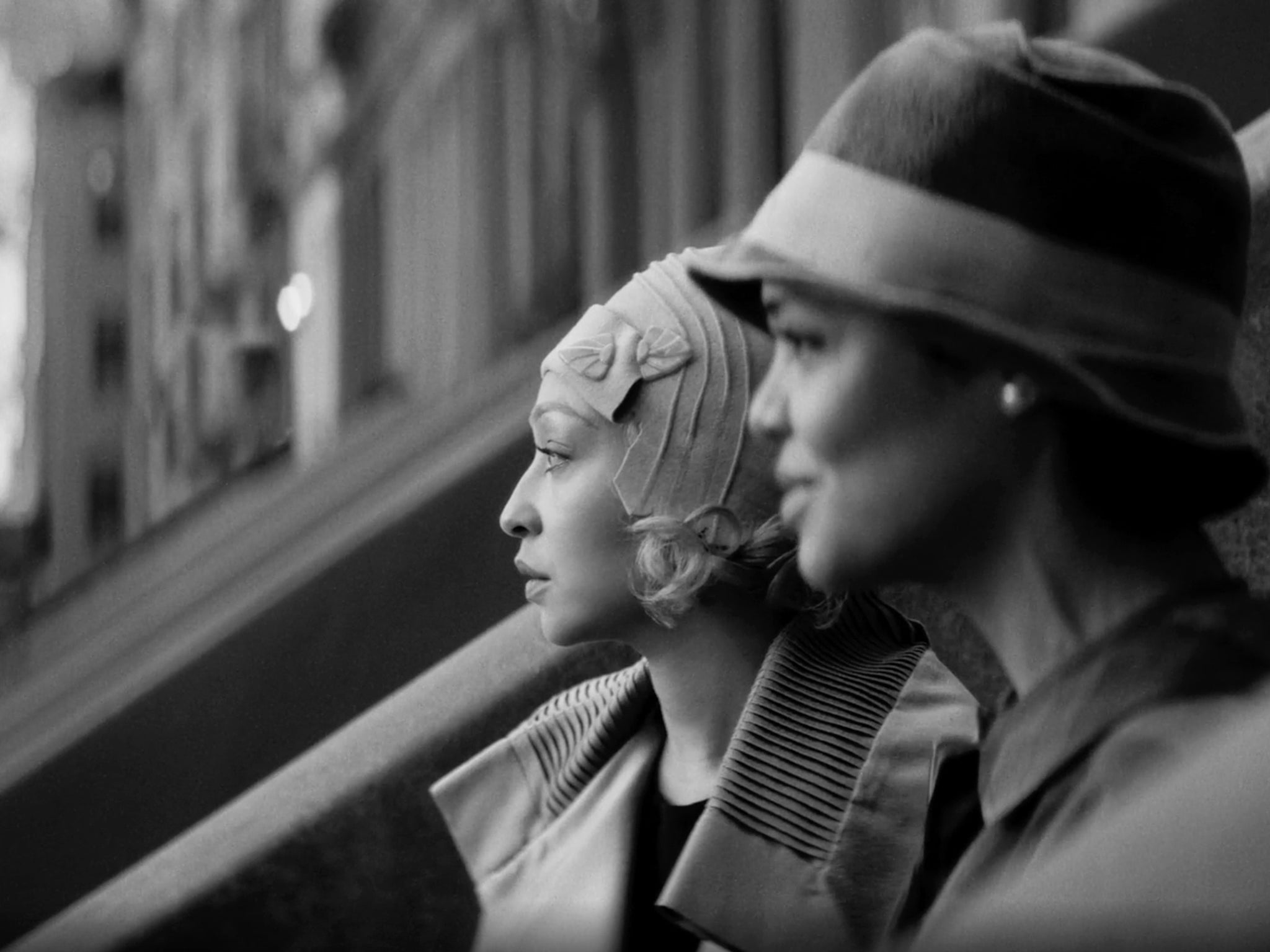Passing review: Rebecca Hall’s directorial debut is richly felt and deeply feminine
Hall’s adaptation of Nella Larsen’s 1929 novel is a sensory film rooted firmly in the individual
Your support helps us to tell the story
From reproductive rights to climate change to Big Tech, The Independent is on the ground when the story is developing. Whether it's investigating the financials of Elon Musk's pro-Trump PAC or producing our latest documentary, 'The A Word', which shines a light on the American women fighting for reproductive rights, we know how important it is to parse out the facts from the messaging.
At such a critical moment in US history, we need reporters on the ground. Your donation allows us to keep sending journalists to speak to both sides of the story.
The Independent is trusted by Americans across the entire political spectrum. And unlike many other quality news outlets, we choose not to lock Americans out of our reporting and analysis with paywalls. We believe quality journalism should be available to everyone, paid for by those who can afford it.
Your support makes all the difference.Dir: Rebecca Hall. Starring: Tessa Thompson, Ruth Negga, André Holland, Bill Camp, Gbenga Akinnagbe. 12, 98 minutes.
In Passing, a tempest stirs in Tessa Thompson’s eyes. It’s a formidable piece of work from the actor, who allows the emotions of her character – a mixed-race Black woman navigating a segregated New York in the Twenties – to feel all-encompassing and rigorously layered. So much is communicated through a specific stiffness to her arms, or a darting look.
It’s a performance that does right by the intricate nature of the film’s subject: the historical phenomenon of light-skinned Black Americans “passing” as white to cross “the colour line” and its oppressive social divisions. Thompson plays Irene, nicknamed “Reenie”, who’s married to a doctor (André Holland’s Brian) and thus has access to the privileges of middle-class life. She is light-skinned enough to be able to drift through white spaces without much trouble – and it’s in this realm, a downtown hotel, that she bumps into her old schoolfriend Clare (Ruth Negga).
Clare, with her platinum blonde bob, has allowed the fact that she passes for white to shape her whole life. The man she married (Alexander Skarsgård) has no idea – his bigotry is frightening and violent, but his wealth and lifestyle offer her a freedom she could only dream of before.
Passing marks the directorial debut of Rebecca Hall, whom you might recognise from her ever-elegant, restrained performances in The Prestige or Frost/Nixon. It’s become a project of great personal investment for her, since Nella Larsen’s 1929 novel of the same name – which Hall has adapted here – helped her to process her own maternal grandfather’s experiences as a white-passing Black man, and how they reflect on her own identity.
There’s never a sense that Hall wants to use Passing to impose a strict historical narrative – it is a sensory film, rooted firmly in the individual. It begins with a flash of white that slowly fades into monochrome action, as the muffled sound of gossiping voices starts to intrude. Particular attention has been paid to the sound design. Coupled with Devonté Hynes’s twinkling piano score, you can even hear Reenie’s nervous breath at times, rattling like a kettle that’s reached boiling point. It’s tense but thrillingly alive, which works as a broader description of Hall’s directing style.
Shooting in a boxy but intimate aspect ratio, Hall crafts a beautiful, deeply feminine, and at times melancholy film. There is a pleasure to be found in the swish of dropped-waist skirts and the brushing of gloved hands against banisters. And Negga is luminous as Clare, harnessing the flapper energy of an enigmatic girl with diamonds in her hair, who has the eyes and hearts of everyone in the room. It doesn’t take long for her to ingratiate herself with Reenie’s family and friends, which Reenie reacts to with a disequilibrium of emotions: jealousy, admiration, resentment, desire.

It’s not always about how Reenie feels about Clare, but about how Clare makes her feel about herself. What walls of protection has she built? She still passes when it’s convenient to her. She never really scrutinises her relationship with Zulena (Ashley Ware Jenkins), her dark-skinned Black housekeeper. She recoils in anger when her husband tries to educate their children about a lynching in the south. Hall’s use of black and white has a way of focusing attention away from frivolous detail and on to the importance of action, such as how Reenie might gently tip her chin in order to hide her features beneath the rim of her hat. Passing is as richly felt as it is carefully conceived.




Join our commenting forum
Join thought-provoking conversations, follow other Independent readers and see their replies
Comments